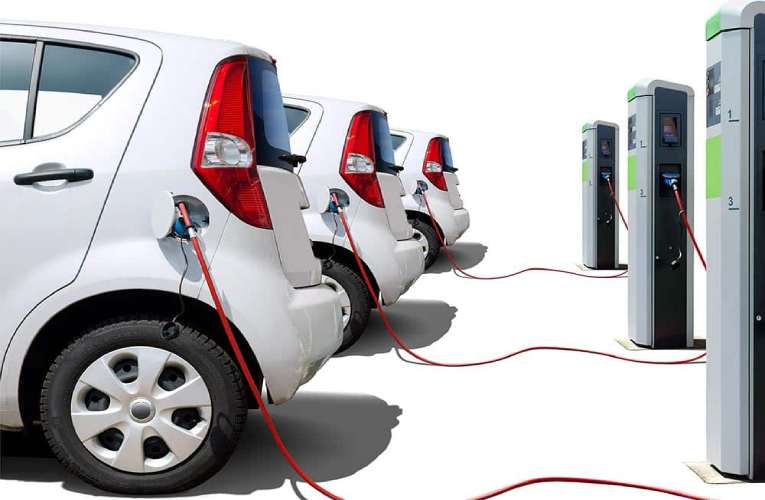
- India’s EV sales nearly doubled in 2023, driven by rising consumer interest, government initiatives, infrastructure development, and concerns over climate change.
- Projections for 2024 show EV sales rising 66 percent to constitute 4 percent of total passenger vehicle (PV) sales, driven by new entrants and government subsidies.
In 2023, even as India’s passenger vehicle (PV) sales grew 10 percent YoY, its electric vehicle (EV) sales nearly doubled to account for 2 percent of the overall PV sales. This EV surge can be attributed to multiple factors, including increasing urban consumer interest, government initiatives, infrastructure development, and concerns over climate change. According to a survey report by Counterpoint Research, a strong portfolio and strategic tie-up with Uber, Tata Motors held more than two-thirds of the country’s EV market in 2023 but lost some share to Mahindra & Mahindra and BYD. Recording a 2476 percent increase with just one model in its portfolio, Mahindra & Mahindra was the fastest-growing brand in 2023, followed by BYD and MG Motor.
Mahindra’s growth can be attributed to its aggressive marketing efforts around the all-electric SUV XUV400 launched in 2023. BYD, with just two models in its India line-up – e6 MPV and Atto 3 SUV, grew over 1500 percent in 2023. Despite belonging to the premium category, BYD secured a position among the top five EV brands in India, showcasing remarkable success in the growing EV market. The company's recent launch of the Seal model is expected to further enhance the brand’s market presence and competitiveness, adding to the dynamic shifts occurring in India’s EV market.
According to the report, EV sales in India are expected to increase by 66 percent in 2024 to constitute 4 percent of total PV sales. Looking at 2030, EVs are expected to constitute nearly one third of the India’s PV sales. Maruti Suzuki’s entry into the EV market is expected to shake up Tata’s dominance. Moreover, VinFast’s move to build a factory in India’s Tamil Nadu state highlights the growing interest and investment in EV manufacturing in the country. All this not only signifies increased competition but also reflects the evolving landscape of the automotive industry toward sustainable and eco-friendly technologies.
Commenting on the supply chain development, Associate Director Liz Lee added, “India’s EV landscape is on the cusp of significant growth. The rise in EV battery manufacturing, supported by key players like Ola, Reliance New Energy and ACC Energy Storage, alongside the Make in India initiative, will lower manufacturing costs and boost EV sales. Government initiatives such as the PLI scheme for Advanced Chemistry Cells (ACC) and the recent reduction in import duties on EVs over $35,000 to 15% are game changers. All this not only opens doors for Tesla but also signals India’s readiness to welcome significant investments and foster a new ecosystem for EVs and their component suppliers. It is a clear sign that India’s journey to become a major player in the global EV market is accelerating.”

